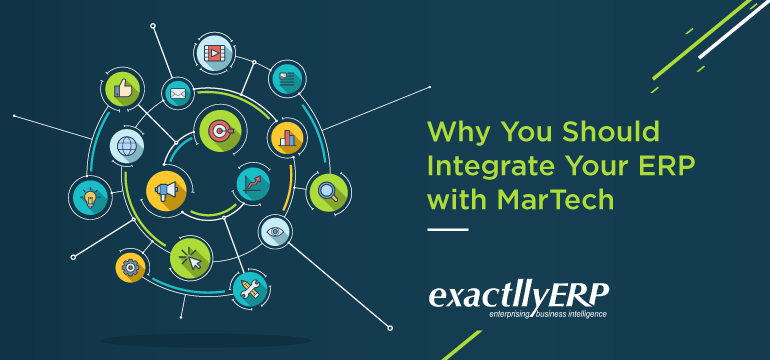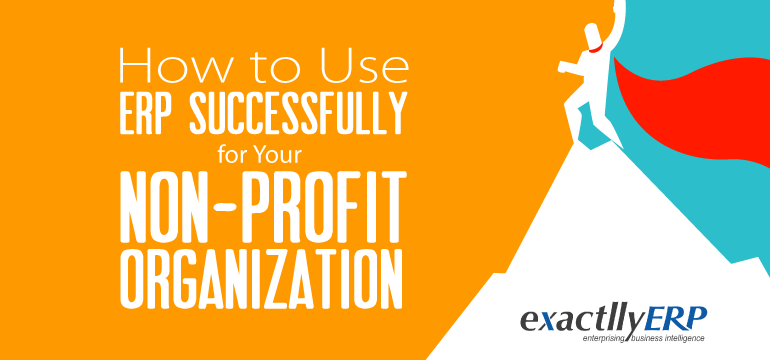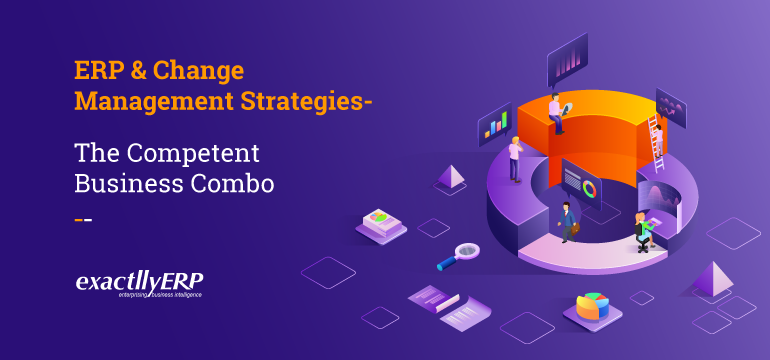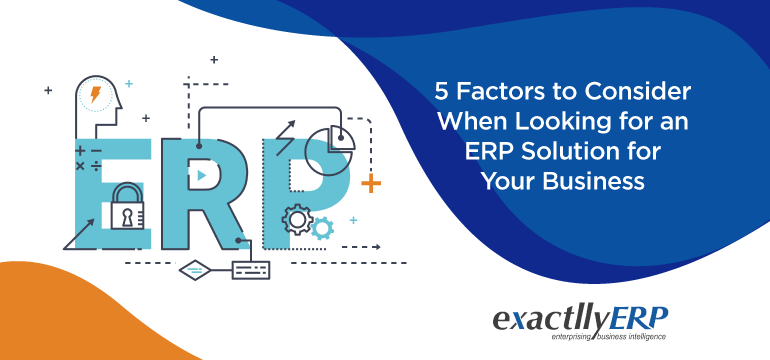The Right Inventory at the Right Time, with ERP

Inventory
 One of the most important words in the field of goods and materials is that of “inventory” or “stock”. A number of organizations find it difficult to maintain, regulate and use it for the purpose of resale or repair. What an inventory actually does is, it specifies the shape and percentage of goods that are stocked.
One of the most important words in the field of goods and materials is that of “inventory” or “stock”. A number of organizations find it difficult to maintain, regulate and use it for the purpose of resale or repair. What an inventory actually does is, it specifies the shape and percentage of goods that are stocked.
Introducing ERP for inventory management
To introduce the idea, imagine a warehouse that has barrels of fizzy drinks that are kept aside. At the moment, there is no market for these drinks but in a month or two, there could be an annual fest at the small town where the warehouse is located.
When the D-Day arrives, inventory managers realize that the stock is either too less or something is missing or some parts of the drinks are not suitable to be supplied to the organizers of the fest. Worse, the suppliers may end up serving soft drinks that are completely different from what had previously been ordered by the organizers of the fest. This leads to confusions and possible difficulties with clients.
How does the ERP solve this problem with inventory management?
An ERP can effectively solve the problem one faces during inventory management by automating all the tasks of assessing time, carrying costs of inventory, forecasting and managing assets, valuation and visibility of inventories, etc can be automated with the help of ERP. An ERP helps its users to know how to manage and what to deal with an existing stock. It helps your employees to optimize stocking levels and free-up capital that was once stuck. It also makes your organization more efficient which ultimately leads to your making more profits.
There are three key considerations to bear in mind while discussing ERP software in the context of inventory management.
Tracking and coordinating
Your supply chain can easily be tracked and customized. In most cases, ERP helps you to automate this function. By bringing the coordination element to your organization, an ERP Inventory Management module helps you to optimize your stocks and replenish as and when required.
Analysis of data
An ERP module that is dedicated to inventory management will also help you to assess, plan and target your promotional programs. This almost gives you with an insight into who is using your stocks up most and who needs to be targeted during marketing campaigns. Standardization of analysis of all this data helps you to achieve accurate forecasting.
Avoiding wastage
When wrong stocks and inventories are used, the clients may just look the other way with a frown or may out-rightly reject the order, leaving you in the lurch. In order to avoid such situations, one can pre-feed the ERP with details regarding the inventories that need to be utilized. Those which are not utilized can be diverted to a more profitable platform.
No more wrong inventories
Inventory management modules on ERP are not something new. What is new however is that ERP, as an idea, is moving towards the Cloud. Cloud based ERP is set to change the way inventory management is handled and the way end users at a warehouse engage in operations.
We can conclude by saying that an ERP’s inventory management module helps to avoid wastage, track and make plans, comprehend what the situation is and take effective measures to avoid wastage of inventories and plan resale/reuse of inventories left behind. It also conclusively avoids using the wring stocks and ending up with losses. Thus, future seems to be headed towards the ERP based in Cloud or on a hybrid model.






